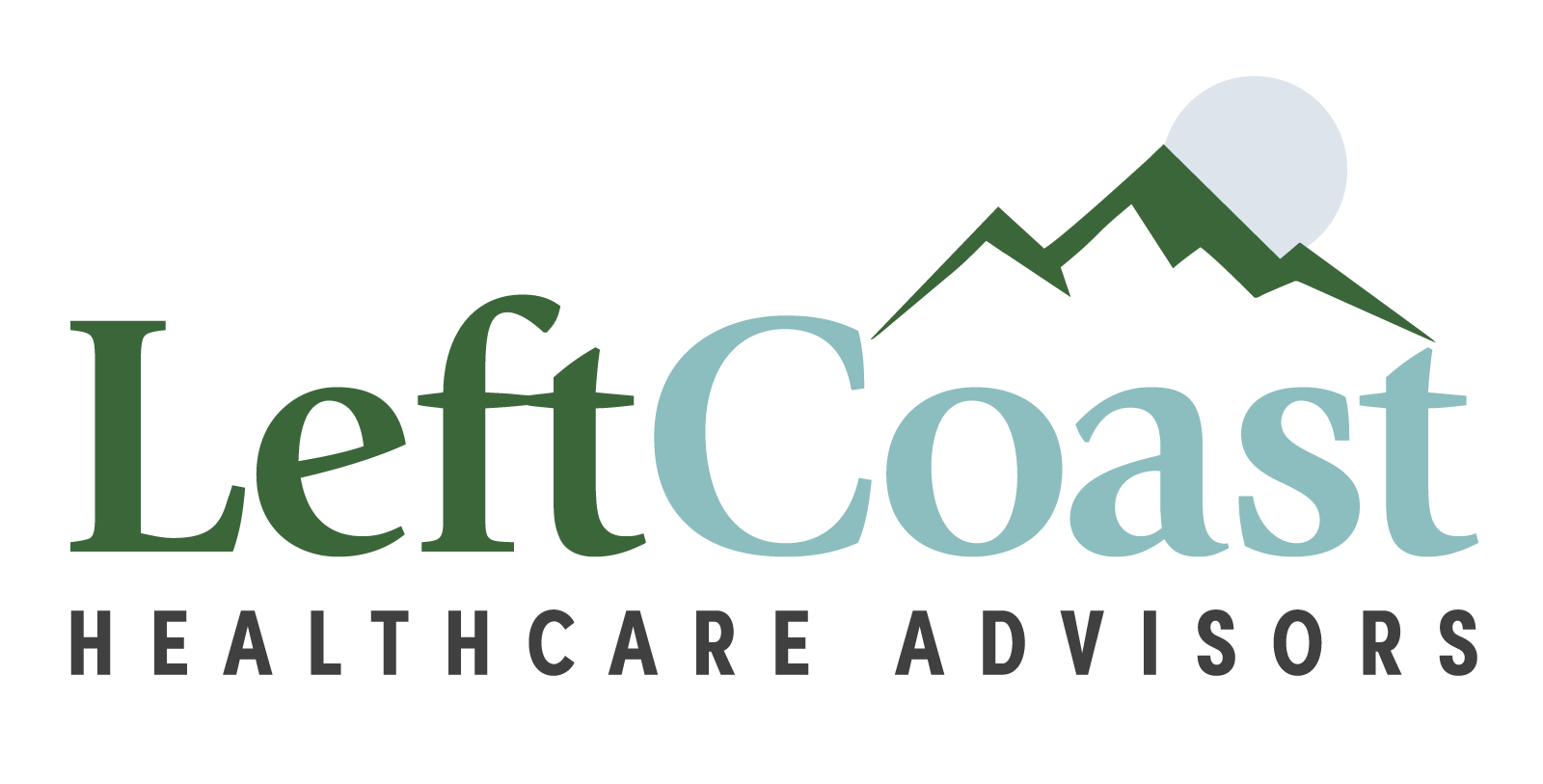In today’s competitive ASC contracting market, every little bit counts. Contracts come up for renewal every few years, but you can’t wait until it’s time to negotiate if you want to improve. Optimizing payor contracts requires ongoing analysis and strategic planning. By staying proactive and leveraging data-driven insights, you can secure more favorable reimbursement terms to ensure the financial success of your ASC. There are several key areas to consider when considering your payor contracting approach.
Payors Make Policy Changes All The Time…Pay Attention
Regularly scheduled meetings with physician clinic schedulers help ASCs keep their operating rooms full. Agenda items should include ASC payer updates, surgeon block times, and scheduling flow between the clinic and ASC. These meetings help align clinic schedulers and ASC staff; building confidence related to the ASC schedule, expanding trust between the two locations, and ensuring all parties have the most up-to-date information.
You Know Your Market – Stay on Top of Payor Activity Too
ASC’s can achieve better outcomes by understanding their market position, staying informed on reimbursement trends, and capitalizing on shifts in the payor landscape. Ensure members of your staff have access to ongoing education and industry trend news. Lunch and Learns on current news or the inclusion of payor updates in standing meetings are good ways to integrate content into regular operations.
Understand How Discounts Affect Contract Success
Payors use discount percentages as a key performance metric to determine contract effectiveness. If your billed charges are not at least 20-30% higher than your reimbursement payments, it signals to payors that current rates are sufficient, reducing your leverage in negotiations.
Collect Data, Plan Ahead & Leverage Your ASC’s Unique Value
You have deeper insights into what drives value in your ASC than payors do. Payors have access to vast data sets, but only you know what your ASC is planning. Make sure you are planning ahead and collecting your own data. For example, all planned service or specialty mix changes should incorporate a contract review step in the implementation process.
Prioritize expanding carveouts and optimizing rates for the services that will deliver the most value to your ASC. Remember, you understand your ASC’s operations, specialties, and planned service expansions better than any payor. Collect your data and use this knowledge to drive negotiations in your favor.
Getting Started…
Establishing clear actions, goals and responsibilities will help to integrate payor contracting into your current operations.
Assign Responsibility
Assign a dedicated team member to review all payor communications and policy updates. Any impactful changes should be documented and shared with other staff. Make sure to notify payors of any change in contact information, including email address. If possible, a generic email that allows access by multiple staff members will prevent having to update with payors when staff changes.
Document Changes
Maintain and regularly update a payor contract grid to track changes and assess their impact on your ASC’s financial performance.
Plan Ahead
Align contract discussions with upcoming changes in your service mix and pricing strategies to justify improved reimbursement rates. Create a 12-18 month lookahead schedule that includes contract negotiations and potential service or pricing changes.
Continuously Prepare
Prioritize carveouts and enhanced rates for high-value procedures that will bring the most financial benefit to your ASC. Develop a list of “most valuable” carveouts and update throughout the year to ensure you are always preparing to negotiate.
Report & Share
Establish payor contracting KPIs and include report outs as part of standing meetings. Make sure you are providing, at least, bi-annual updates to the ASC Board.




